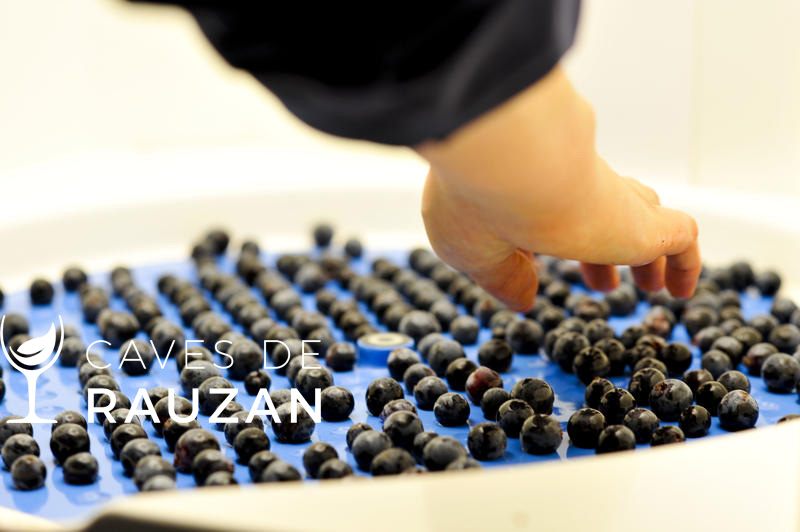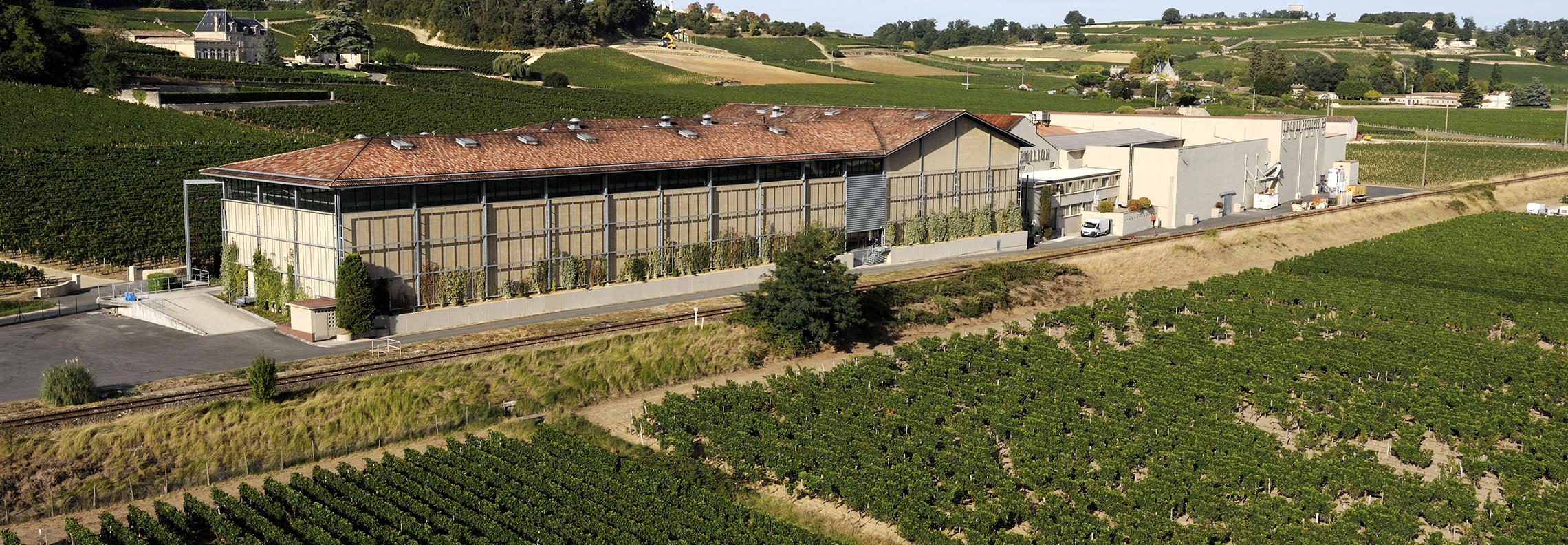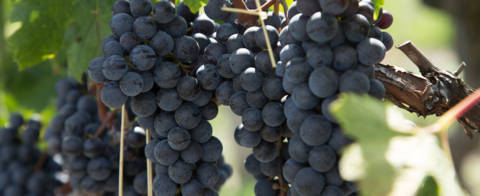The necessary cookies allow the site to function properly.
Wine cooperatives
Wine cooperatives have existed since the early 20th century and are based on the principle of sharing production costs.
A wine cooperative is a group of winegrowers. It purchases the grapes in bulk based on plot origin, grape varietal and other criteria, then vinifies the grapes according to production rules specific to each category. Then it handles the sales.
Their role is decisive on at least three levels: first, in terms of quality since winegrowers receive technical training related to the management of vineyards, varietal plantings, pruning and grape ripeness. Secondly, in terms of economy, since cooperatives are a market regulator thanks to the substantial volumes they handle and their large storage capacity. Finally, in terms of sales, as the cooperatives have set up their own sales force networks in France and on export markets. They are also major suppliers for négociants.
Since the outset, wine cooperatives have made it possible for small producers to subsist. By providing them with financial, administrative and technical support, cooperatives have also allowed many winegrowers to go into business and reach their career objectives. By promoting technical training for winegrowers, they have enabled wine quality to improve substantially.
There are 33 wine cooperatives located throughout the Bordeaux vineyards. They currently bring together 2500 producers and account for 25% of the Bordeaux wine production.
To learn a little more about Bordeaux wine cooperatives, click here.




